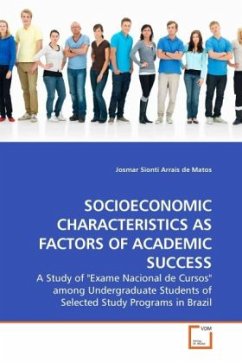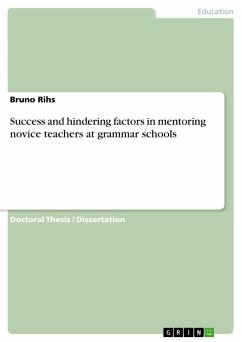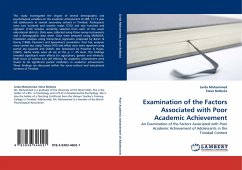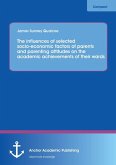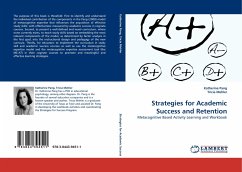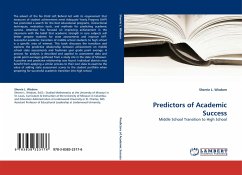This study investigated the relationships among socioeconomic characteristics as factors influencing the success levels of Brazilian students. Data were provided by the 2002 National Examination of Study Programs, in five study programs (cursos), representing three levels of prestige: low (Modern Letters and History), middle (Law), and high (Medicine and Dentistry). The purpose was to gain a deeper understanding of the issues associated with relationships among various socioeconomic characteristics, as well as to gain a more global understanding of the implications of the socioeconomic process as a whole. The following variables were analyzed: gender, socioeconomic status, parents' education, and race/color. Findings: More privileged students tend to get higher scores in low-prestige "cursos". Less privileged students tend to get lower scores in low- prestige "cursos". Public high-school students tend to choose low- prestige "cursos". Private high-schools students tend to choose high-prestige "cursos". The selection process excludes those who are not as well prepared for the entrance exam and those from lower socioeconomic levels are not as well prepared.
Bitte wählen Sie Ihr Anliegen aus.
Rechnungen
Retourenschein anfordern
Bestellstatus
Storno

